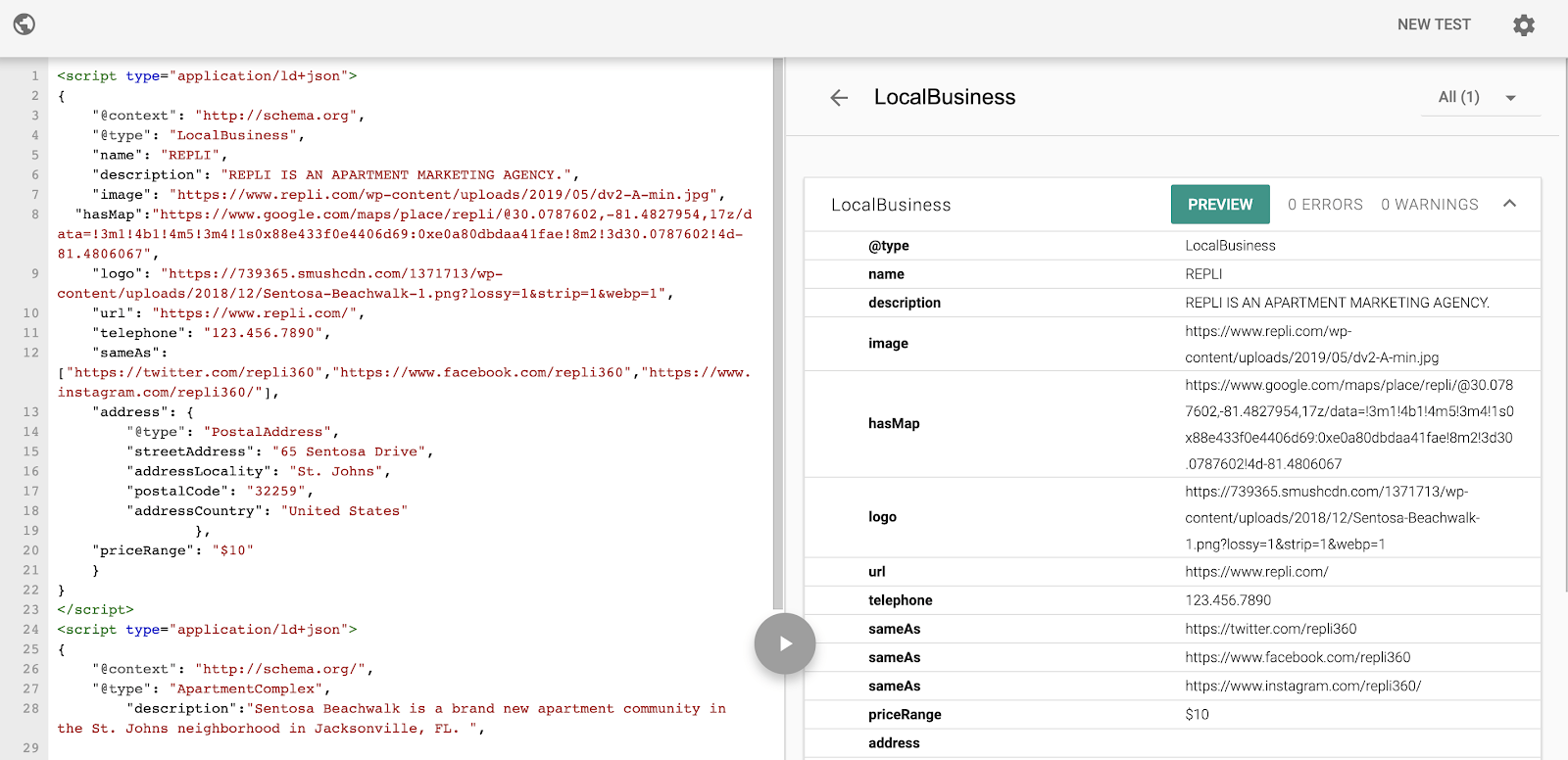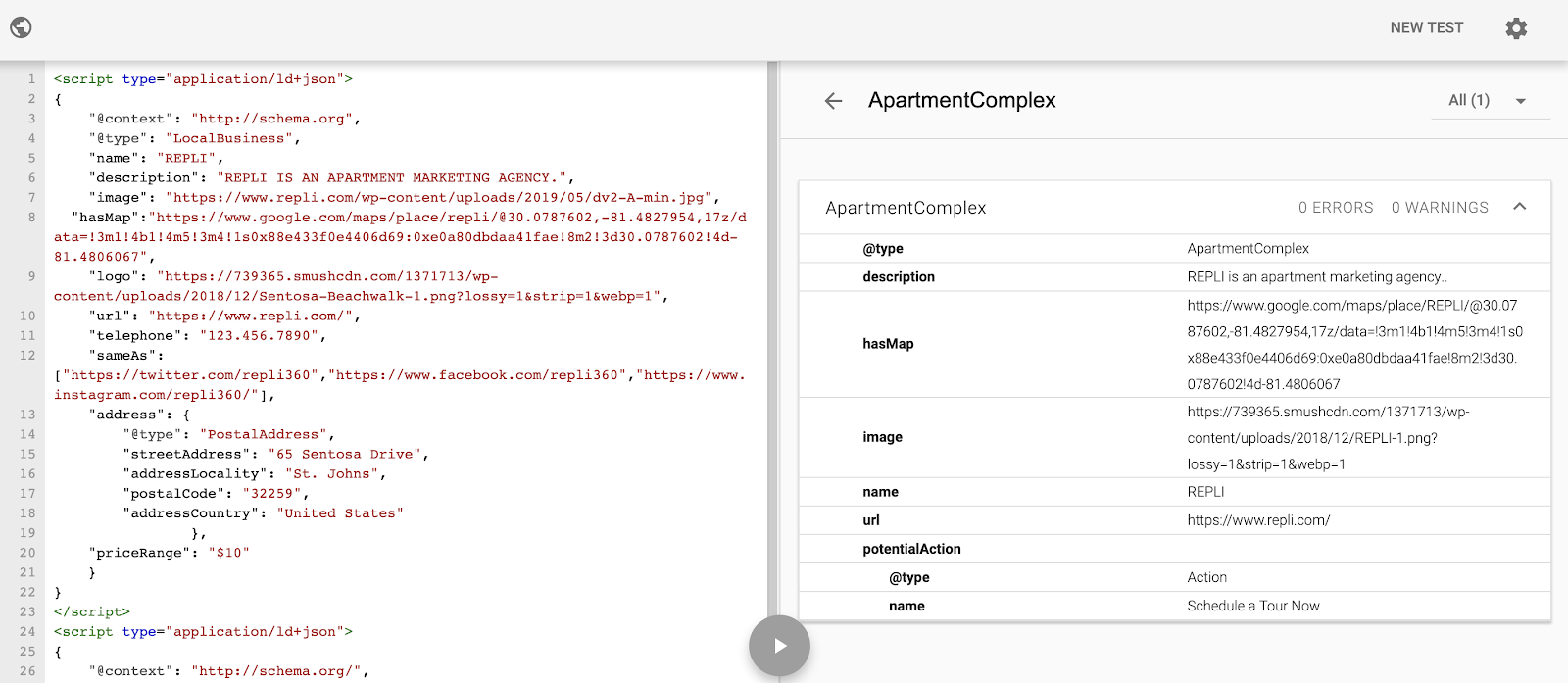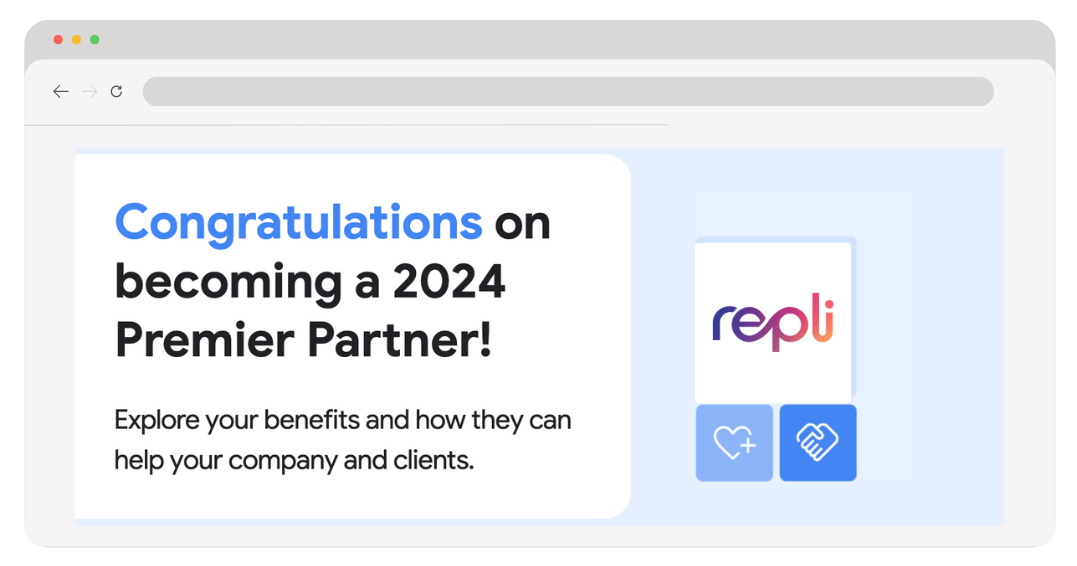Structured Data: A Must Have for Local Apartment Marketing

Google works hard to understand all the content of a page and while it can usually determine your website’s purpose, there is a ton of content for Google to sort through.
Page titles, meta descriptions and keywords certainly help provide the meaning to a page, but sometimes Google can get the wrong information.
Here’s where structured data comes into play. Structured data is a standardized format for providing information about a page that explicitly provides clues to Google about your website’s purpose.
In this structured data guide, we are going to cover further in detail what structured data is and why it’s a crucial part of your apartment marketing’s local SEO strategy.
What Is Structured Data?
Structured data is a special code format you can add to the HTML of your website to help search engines like Google understand your page contents and provide better search results to users. Structured data can also be referred to as schema or schema markup.
This special code format can be implemented in the HTML of your website and enhances the rich snippets that are displayed under the page title on SERPs.
In the example below, there are two results from a “feta pasta recipe” search on Google.
The first result is a rich snippet because it displays significantly more information than the second result. This rich snippet includes a rating, number of reviews, and total preparation time and is populated in Google because Delish.com has implemented a structured data markup for a recipe.
Since there are various rich snippets, there are various types of structured data. For instance, there is structured data for reviews, restaurants, products, services, local businesses, books, movies, and more.
You can refer to schema.org, which is a collaborative effort between major search engines to provide the specific code format or markup required for successful implementation.
For apartment marketers, you’ll obviously want to focus on the categories of structured data relevant to your apartment’s website. The next section will go in depth on how structured data affects your apartment’s local SEO strategy and the kind of information you can provide to Google.
Why Is Structured Data Necessary For My Apartment’s Website?
Most marketers understand the important ranking factors in a strong local SEO strategy, yet many aren’t aware of the growing importance of structured data on local SEO targeting.
Structured data provides Google with the most relevant information about your website, and that information is then passed on to users conducting a search. As a result, potential customers are more likely to click on your results. More clicks help improve your rankings, and higher rankings mean even more clicks and leads.
Apartment marketers should be utilizing 2 types of structured data (Local Business data and
ApartmentComplex data) to ensure Google is displaying the correct information about your apartment community.
The Local Business markup lets Google know you’re a local business servicing a specific area. This will help with your local search ranking, making it less likely that your website will appear in SERPs outside your local area.
Here’s an example of a Local Business schema markup
In this markup, some of the important information you can provide to Google are:
- Name, Address, and Phone Number (NAP)
- Price Range
- Reviews
- Email Address
- Social Media Links
- Google My Business Page Link
- Photos
- Website URL
- URL to Map of Property
On the other hand, ApartmentComplex markup will tell Google many of the same pieces of information as the Local Business markup, but it also explicitly let’s Google know your website is for an apartment complex. Then, all of your traffic should be from searches for apartments and not other businesses.
Here’s an example of an ApartmentComplex schema markup:
In this markup, some of the apartment specific data points you can provide to Google are:
- Amenity Features
- Alternate Names (Great for properties that have recently gone through rebranding)
- Photos of Floor Plans or Amenities
How Do I Start Using Structured Data?
When you’re first starting to implement structured data in your website, it may seem difficult – but not impossible.
There are some plug-ins that can develop the markup for you, yet many of them only provide a basic code with minimal information. To build out a more powerful code, you may need a web developer or your friendly property tech company, like REPLI, to help you.
Once the markup is completed, you should test it with
Google Structured Data Testing Tool and then implement it into the HTML of your website. This is most commonly done by using a custom HTML tag from Google Tag Manager.
Creating the structured data markup can be tedious, but it’s definitely worth it for the higher click-through rates, increased visibility in local search results, and additional quality conversions for your website.
If you have more questions about structured data for apartment websites our team of multifamily marketing professionals would love to help! Contact us
here.
Repli Apartment Marketing Blog
Subscribe to our Newsletter & Blogs
Blog Post Subscribe Form
Thank you for subscribing!
Please check your email for verification.
Please try again later.







